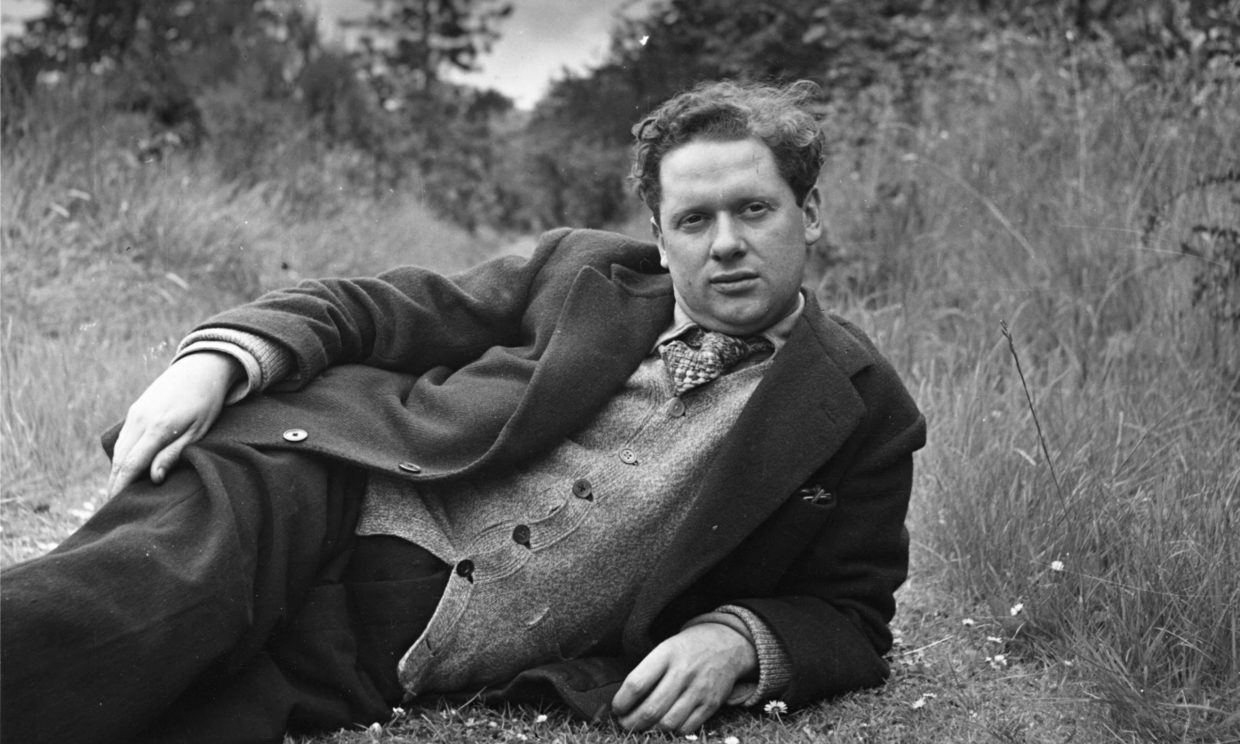Do Not Go Gentle Into That Good Night Comments
Do not go gentle into that good night,
Old age should burn and rave at close of day;
Rage, rage against the dying of the light.
...
Read full text
TWO: The poem's brevity and direct address convey a sense of urgency and vulnerability, capturing the speaker's desperation.
ONE: The Poem reflects common themes of love, loss, and the transience of human experience prevalent during the Renaissance era.
[FOR USA]Start working from home! Great work for-Ever, Stay at Home Moms OR anyone needs an extra income. Get started. You only need a computer and a reliable computer connection so don't get late try…4… Worksful.com
Powerful lines woven beautifully. The ultimate stanza is so touching.
He is a poet born in Wales, but he wrote poems, Songs and stories only in the English language, never in Welsh
Most deserving Classic Poem Of The Day! Congratulations to the family of the late great poet.5 Stars full!
Excellent poem but very sad tone and full of melancholy. Brilliant presentation and profound poem I so like very much.5 Stars Full
His public readings, particularly in America, won him great acclaim; his sonorous voice with a subtle Welsh lilt became almost as famous as his works. His best-known worThe celebrated villanelle for his dying father, 'Do not go gentle into that good night' A very touching Ode to his father.
WOW! The great poet from Wales! The only one wgho is famous till at present! Al his life he was constantly very sick, since chilldhood and he died so very young at 39 years!
...What does any of this mean? ? I'm so bad at interpreting poems...
And you, my father, there on that sad height, Curse, bless, me now with your fierce tears, I pray. Do not go gentle into that good night. Rage, rage against the dying of the light. Very fine poem of the great poet Dylan. tony
From birth till old age we should rage rage against the dying of the light. I can taste the consonants in the poem Dylan used this so craftily for rhyme and remembrance.

THREE: Within the context of its time period, the emphasis on the ephemeral nature of love and the fear of separation aligns FOUR: with the era's preoccupation with temporal concerns and the fragility of human existence